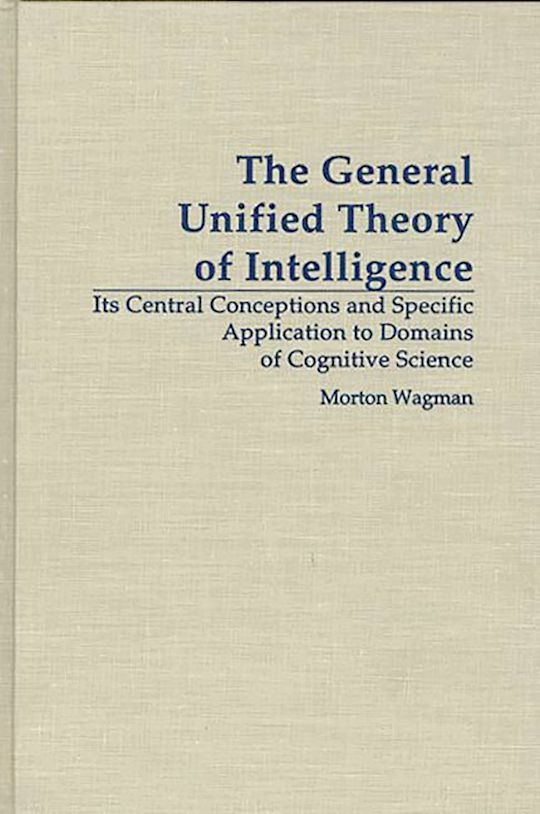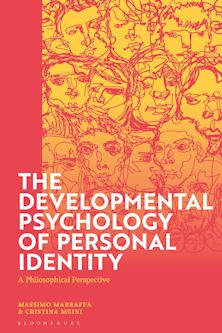- Home
- ACADEMIC
- Psychology
- Cognitive Psychology
- The General Unified Theory of Intelligence
The General Unified Theory of Intelligence
Its Central Conceptions and Specific Application to Domains of Cognitive Science
The General Unified Theory of Intelligence
Its Central Conceptions and Specific Application to Domains of Cognitive Science
This product is usually dispatched within 2-4 weeks
- Delivery and returns info
-
Flat rate of $10.00 for shipping anywhere in Australia
You must sign in to add this item to your wishlist. Please sign in or create an account
Description
The general unified theory of intelligence addresses the cognitive functions of thinking, reasoning, and problem solving. At an abstract level, this theory construes the intellective functions of humans and computers as, respectively, restricted and directed forms of the logic of implication. In other words, human intelligence operates according to production rules. Here, Wagman presents the central tenets and research elaboration of the general unified theory of intelligence that embraces both human and artifical intelligence across the cognitive domains of scientific discovery processes, inductive and deductive reasoning, and the mechanisms basic to analogical thinking and problem solving.
Table of Contents
General Unified Theory of Intelligence
The Generality of Abstract Rules in Intelligent Reasoning
The Generality of Creative Mechanisms in Intelligent Reasoning
The Generality of Analogical Mapping in Intelligent Reasoning
The Generality of Explanatory Coherence in Intelligent Reasoning
The Generality of Symbolic Connectionist Models in Intelligent Reasoning
The Generality of the SOAR System in Intelligent Reasoning
Summary and Conclusion
Appendix: Expert Systems and a General Unified Theory of Intelligence
Bibliography
Product details
| Published | 19 Feb 1997 |
|---|---|
| Format | Hardback |
| Edition | 1st |
| Extent | 152 |
| ISBN | 9780275956226 |
| Imprint | Praeger |
| Dimensions | 235 x 156 mm |
| Publisher | Bloomsbury Publishing |



































